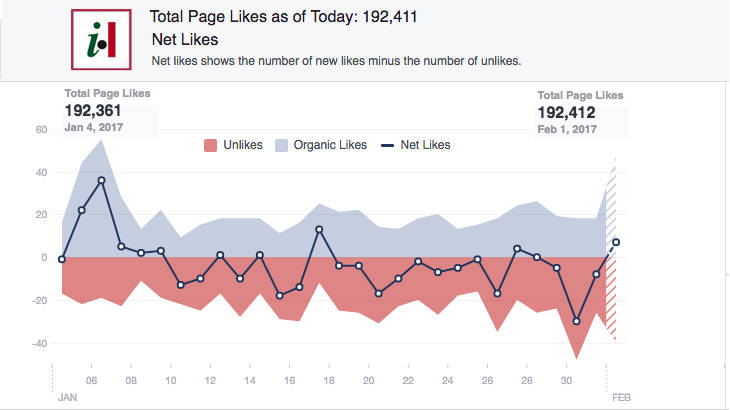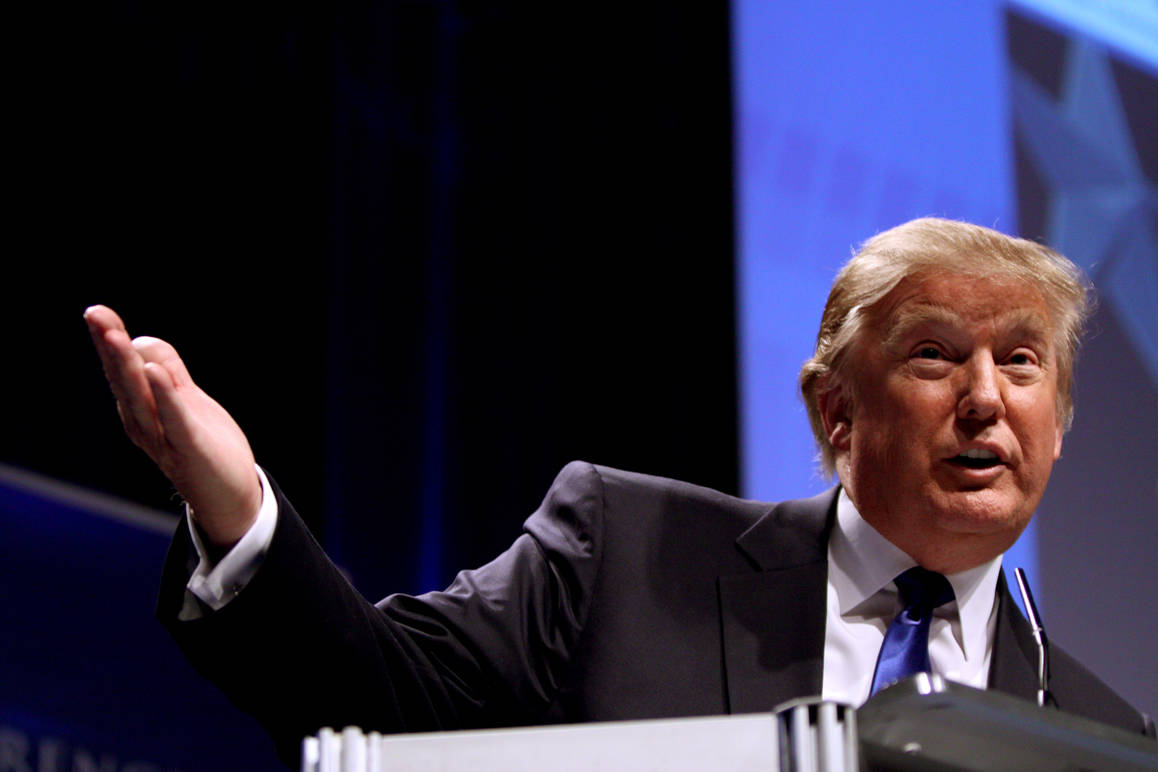Italian Americans are Split over Trump—But Conservatives are More Vocal than Liberals
Of the first three articles on Trump's EO published by i-Italy, the one that received the most Facebook activity up to now is “'Immigration Ban,’ An Italian American Perspective,” by Stanislao G. Pugliese, professor of modern European history and the Queensboro Unico Distinguished Professor of Italian and Italian American Studies at Hofstra University. In his piece, he asks how a Christian country could turn away refugees. He also calls Trump a dictator and accuses White House Press Secretary Sean Spicer of not understanding a “basic premise of American society,” i.e. that the press holds the government accountable, not the other way around. Overall, he calls on Italian Americans to remember their history and to ask why “this generation of immigrants is so different.”
Professor Pugliese's very first Facebook commenter, Peter Bonifacio, expressed his disappointment, to which many responded approvingly. He wrote that the article “does a disservice to all Italian Americans.” He continued to say that Italian immigrants of the past are not comparable to today’s immigrants fleeing from the seven terrorist countries (Iran, Iraq, Libya, Somalia, Sudan, Syria, and Yemen) affected by Trump’s order. Many agreed on this front.
Michelle Piscitello-Blodgett explained that her family came to America in 1935 proudly and legally. They learned English, changed their last name, and got jobs. She argued that in contrast, today’s immigrants expect “free things given to them by the tax payers” and that many “impose chaos, violence, and implementation of radical practices that ultimately harm and kill people of our great land.” (Admittedly, one may be a little puzzled that Ms. Piscitello doesn't seem to be bothered by the fact that many of her Italian ancestors even had to change their vowel-ending names in order to assimilate...)
Jessica Messina took the point home: “There is a huge difference. Immigrants from countries back then wanted to assimilate to American culture while still enjoying and celebrating their own. They respected what America afforded them. They respected our flag. The issue now is wanting to come here and NOT assimilate but expect Americans to assimilate to them.”
Robert Genta argues the opposite: "It is mind boggling to see multiple posts in this thread saying we're different, we overcame the prejudice, as a means to justify that prejudice. Do you not remember/are familiar with the injustice we went through? My goodness."
The second article we published came from Cristina Lombardi-Diop, a senior lecturer at Loyola University Chicago. She is in agreement with Genta. Her abstract in “After Ellis Island? Italians at the Border in the Age of Trump” reads, “Italians do know what it means seeking entry to the United States with fear of detention, deportation, and refusal.” Lombardi-Diop is an Italian immigrant who married a Muslim man and fears whether or not her family will be safe here following “Trump’s immigration ban.” She also worries that “thousands of others” may not receive the same opportunities as her son.
In response, Facebook user Tristine Fleming acclaimed that the law is “about terror and safety...safety that many of us Americans DEMANDED for years! And now we're getting it. This isn't a ‘ban,’ this is a ‘resting period’ to figure out the vetting process and make it better so that we can keep our people safe.”
In “Walls and Bans. A View from San Diego” Clarissa Clò, a professor at San Diego State University, begins with her disapproval of the wall, arguing that it is both “preposterous” and “unnecessary.” She goes on to say that “the wall has never discouraged people from crossing it, legally or illegally.” In the second half, in the same rhetoric, she disapproves of the executive order. She describes the countries as “primarily Muslim” and claims that it bars entrance to all refugees, explaining the selection as “arbitrary.”
Facebook user Sofia Monamur pointed out that in 2011, Obama “imposed the same thing” when he banned visas for refugees from Iraq for six months. and in an earlier comment thread, Vito Delledera passionately repeated, "It's not a ban on Muslims." He continued, "If it were a ban it would include Indonesia, Egypt, Morocco, India and [so forth]." He explained that the countries are banned as a result of the terrorists in the areas. Lynne Meyer reiterated, "it's not a Muslim ban" but rather a ban on "seven countries that sponsor terror." She concluded, "We still allow 40 Muslim countries such as Saudi Arabia, UAE, Malaysia, etc. Sal Favarolo clarified that Trump simply adopted the Obama Administration’s list of “countries of concern” in order to improve the vetting process "labeled as having an improper paperwork trail" and being "potentially dangerous."
A few comments in favor of the articles suggested a parallel between Mr. Trump and Mussolini. Ariel Fedrigotti for instance wrote, "I find it amazing that after all our people have gone through, there are still fascists among us, supporting the actions of a demented narcissist, denying our history of struggle for freedom and rights. But yes, after all Mussolini was Italian too." Some of Trump’s supporters, on the other hand, didn’t seem to be ashamed at the comparison. Writing that “I wish there's a TRUMP IN ITALY,” Giovanni Colla even proudly attached to his post a picture of Il Duce.
From a brief analysis of our Facebook page we gathered the following: While the hundreds of "likes" and "shares" received in the first 24 hours show that the majority applaud the content, many of the comments and replies suggest otherwise—most defend Trump’s reasoning and argue with the opinions presented in the articles. This proves that not all Italian Americans are of the same mindset. It also reflects a historical shift in public behavior that has already been observed many times in America: liberals tend to constitute a more "silent" majority online (they are content with pressing the "like" button) while conservatives are more vocal and tend to occupy the sphere of public discourse (they use the "comments" tool more frequently).
In the next few days we will continue to monitor the social activity on our Facebook page and will report. Stay tuned.





































Comments
Trump and Italian Americans